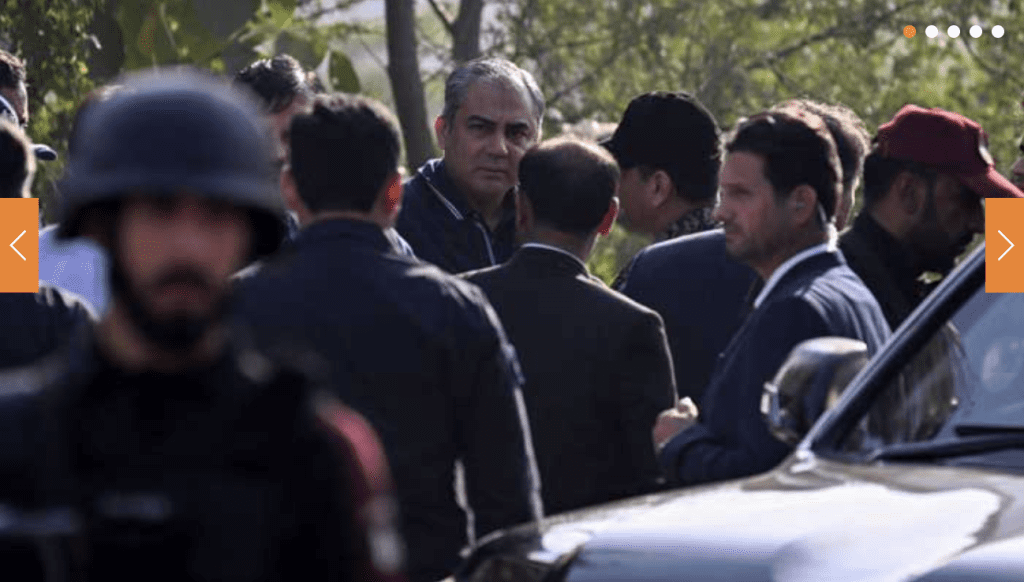Cliff Notes – Trump hosts Syria’s new ruler in dramatic turnaround
- Syrian President Ahmed al-Sharaa, a former rebel leader, visited the White House as the first Syrian head of state, aims for full removal of US sanctions after his recent rise to power.
- President Trump praised al-Sharaa for his toughness while announcing an extension of the suspension of Caesar sanctions for 180 days, with Congress holding the power to lift them entirely.
- Ongoing sectarian violence in Syria threatens al-Sharaa’s rule, as his government consolidates control amidst rising unrest and foiled assassination plots by the Islamic State.
Reward for terrorism – Syrian president gets to the White House
Syrian President Ahmed al-Sharaa met US President Donald Trump at the White House on Monday, capping an extraordinary period for the 42-year-old rebel-turned-ruler.
Little under a year ago, al-Sharaa led Islamist fighters from Syria’s northwest in a lightning offensive that toppled Bashar Assad after 14 years of civil war.
He was the first Syrian head of state to visit the White House.
What did Trump and Sharaa discuss
Sharaa aimed to secure full removal of US sanctions, but after his closed-door meeting with Trump, the Treasury extended its suspension of Caesar sanctions for 180 days. Only Congress can lift them entirely.
Afterwards Trump said Sharaa “comes from a very tough place,” Trump the Syrian leader is a “tough guy” and “I like him.”
“We’ll do everything we can to make Syria successful because that’s part of the Middle East.”
The pair first met in Riyadh six months ago at a Gulf security summit.
The US is brokering a possible security pact between Syria and Israel and considering a small military presence at a Damascus airbase, according to diplomatic sources.
Trump, who recently lifted most US sanctions on Syria, said before the meeting that “a lot of progress has been made with Syria” and praised al-Sharaa as “a tough guy in a tough neighbourhood.”
What is happening right now in Syria?
Al-Sharaa’s government has been consolidating control while facing renewed sectarian unrest that has killed more than 2,500 people since Assad’s fall. Two Islamic State plots to assassinate him were reportedly foiled in recent months, prompting a nationwide crackdown on the group.
However, skeptics of the Syrian leader have pointed to the wave of sectarian violence in which pro-government Sunni gunmen killed hundreds of civilians from the Alawite and Druze minorities.


